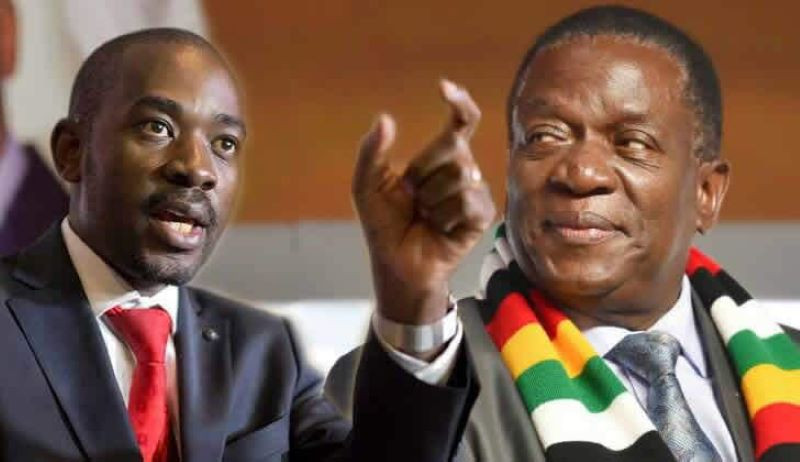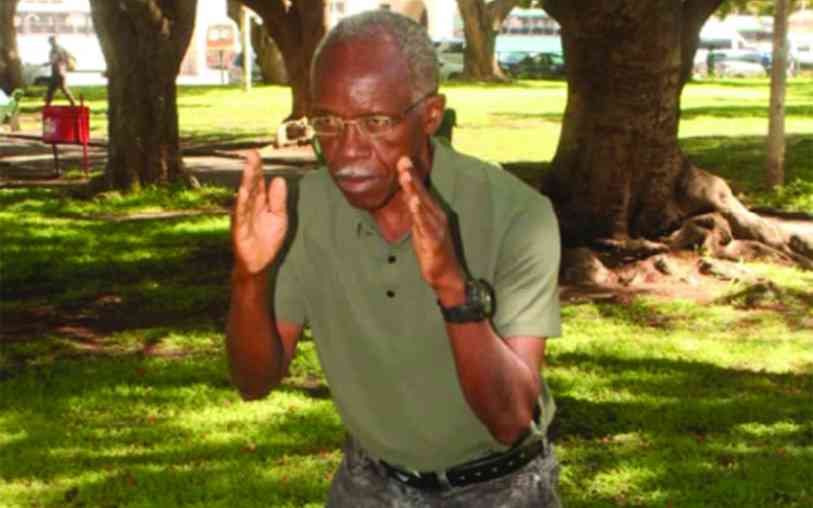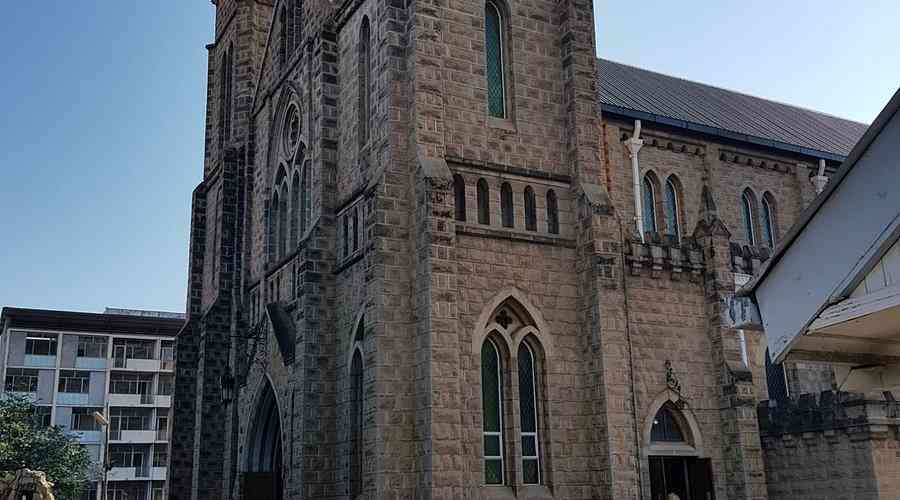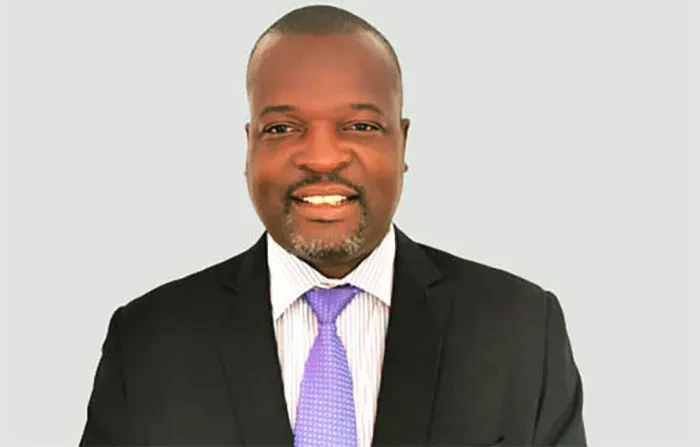
OPPOSITION politician Nelson Chamisa has put a leash on his supporters barring them from engaging in violence to compel the ruling Zanu PF party to address the August 2023 electoral dispute saying he would rather seek an amicable solution to the problem.
Chamisa, who has refused to accept President Emmerson Mnangagwa as Zimbabwe’s legitimate leader saying the elections were a fraud, has been under pressure from his supporters to urgently address the political impasse.
He ditched the opposition party Citizens Coalition for Change (CCC) which he founded citing infiltration by Zanu PF but declared that he will remain active inpolitics.
The opposition leader has left his supporters guessing about his next move amid speculation that he is planning to form another political party.
In his first public statement since his resignation, exclusively availed to NewsDay, Chamisa said he was pursuing peaceful means to resolve the August 2023 electoral dispute, describing Zimbabwe as “too beautiful and precious” to be destroyed by violence.
“Fellow citizens, may I hasten to say, following of statutory procedures and peaceful means to resolve your issues is not a manifestation of weakness or that we are devoid of other ideas and means,” Chamisa said.
“It is our strict commitment to finding each other and amicably resolving our points of conflict, disjuncture and disagreement. We have committed to a peaceful resolution of disputes and intend to exhaust all available peaceful remedies.
“As you are all aware, millions of you agree with this approach. Zimbabwe is too beautiful and precious to be destroyed by flames of political disputes under our watch. Peace is fragile. Peace is sacrosanct. And the breakdown of peace knows no winner.”
- Young vocalist making southern Africa dance
- Letter to my people: The yellow revolution caught them napping
- Mwonzora skeletons tumble
- Business opinion: Branding in the age of entrepreneurship and industrialisation (Part 6)
Keep Reading
Chamisa has been calling for dialogue with Mnangagwa who has, however, shut out the opposition leader opting for his (Chamisa’s) political rivals.
He reiterated the need for the electoral dispute to be resolved before the next elections in 2028.
“Our beautiful country can never progress on the back of disunity and successive disputed national processes including contested elections,” Chamisa said.
“We are acutely aware of the urgency of this matter and more importantly that there can never be any talk of 2028 or a viable and stable future for this country without resolving August 2023, the broken past and disputed politics.
“It remains our hope and, indeed, your hope that all our concerns will be addressed with urgency and seriousness. I, therefore, urge you to stay the course, hold the fort and remain vigilant.”
Chamisa has pinned hopes on the Southern African Development Community (Sadc)’s intervention to resolve the crisis, after the regional body discredited the August 2023 polls.
But his critics are pessimistic over Sadc’s intervention in the dispute saying after the regional body’s election observation, the ball was in the Zimbabweans’ court to resolve their issues.
In the statement, Chamisa said he was in contact with Sadc over the electoral dispute.
“Meanwhile, we have noted the various meetings the leadership of Sadc has held, including the latest Extraordinary Summit of the Organ Troika on the 23rd of March 2024 in Lusaka, Zambia. Therefore, we have advisedly been patiently waiting on our request,” he said.
“On the 29th of April, however, since considerable time has passed, yet we had sought to resolve this issue much earlier, we delivered our follow-up to Sadc for which we await a response to determine a clear path forward to resolve the governance crisis.
“Our request to Sadc was and remains very simple, that, as the regional body which Zimbabwe has signed up for membership and vested some authority in the supranational interstate organisation, we require their facilitation to peacefully resolve the issues around the irregular and disputed elections.”
Political commentator and Southern Africa programme head for the Institute for Security Studies Piers Pigou, however, expressed pessimism over Zanu PF wilfully settling for dialogue
“I don’t think he [Mnangagwa] would settle for dialogue. There is no political need to make this move (dialogue), as far as Zanu PF is concerned, they have won in the elections and they don’t agree with key aspects of reforms.
“There is a lot of positive thinking that exists within the ruling party but the individuals do not have the power to ensure that a policy commitment is made, or that there is accountability. That power lies in an elitist clique within Zanu PF,” he said.










